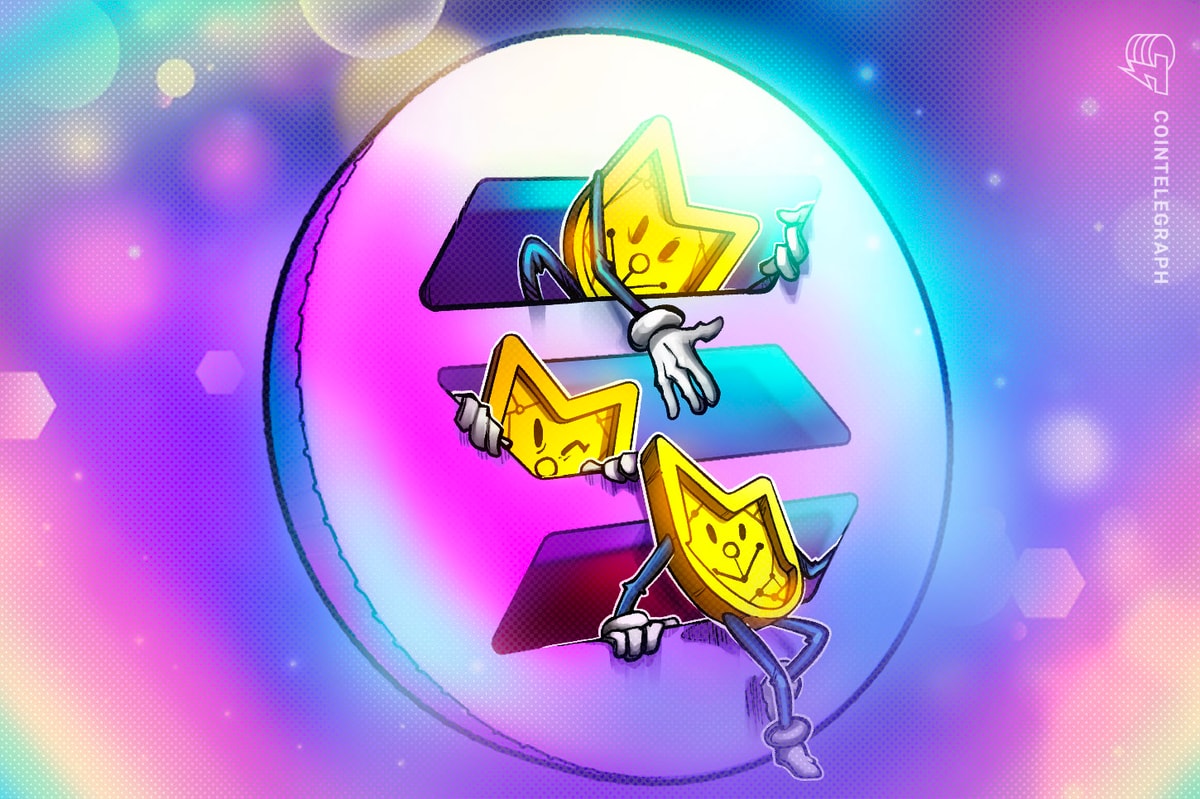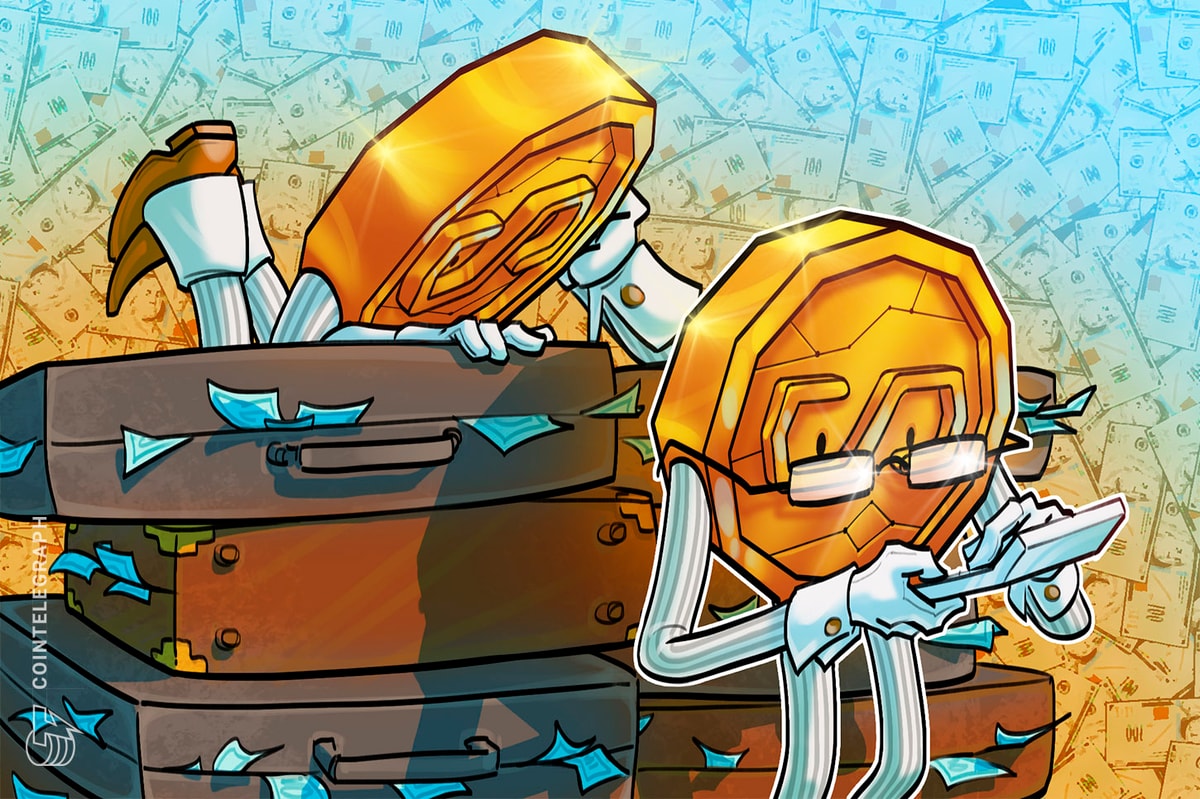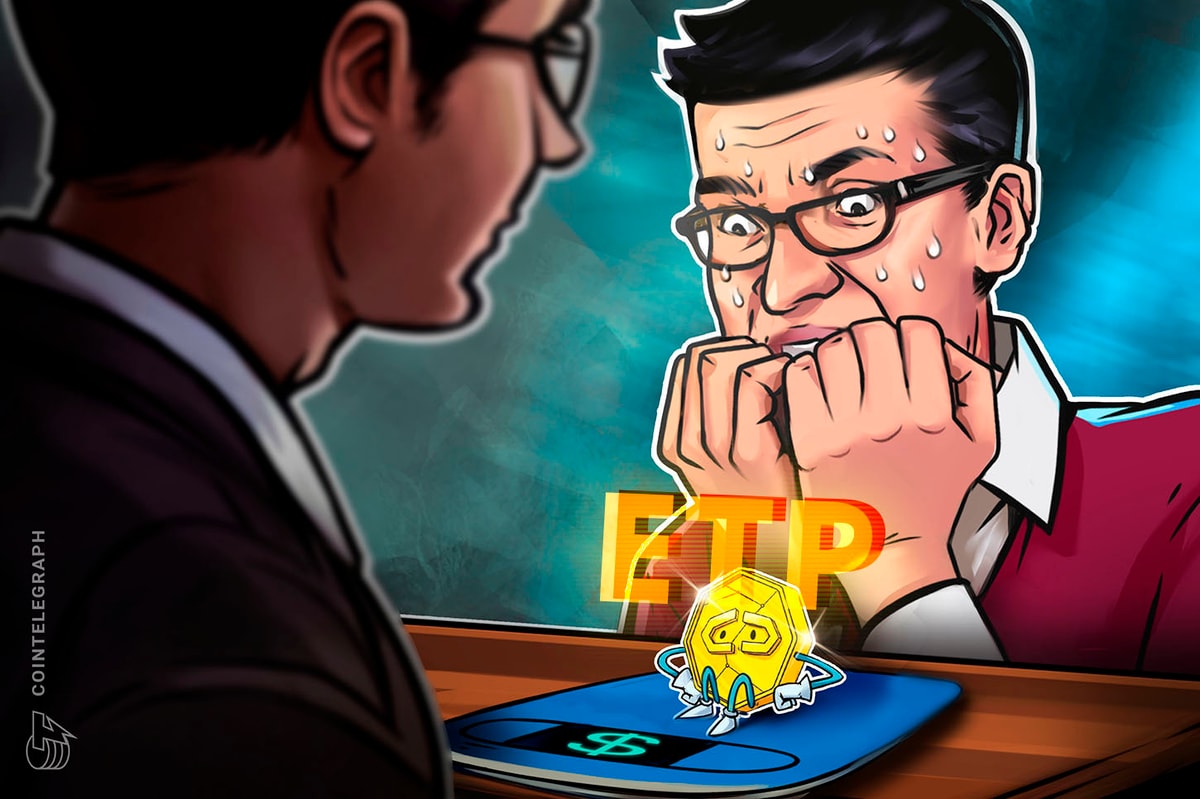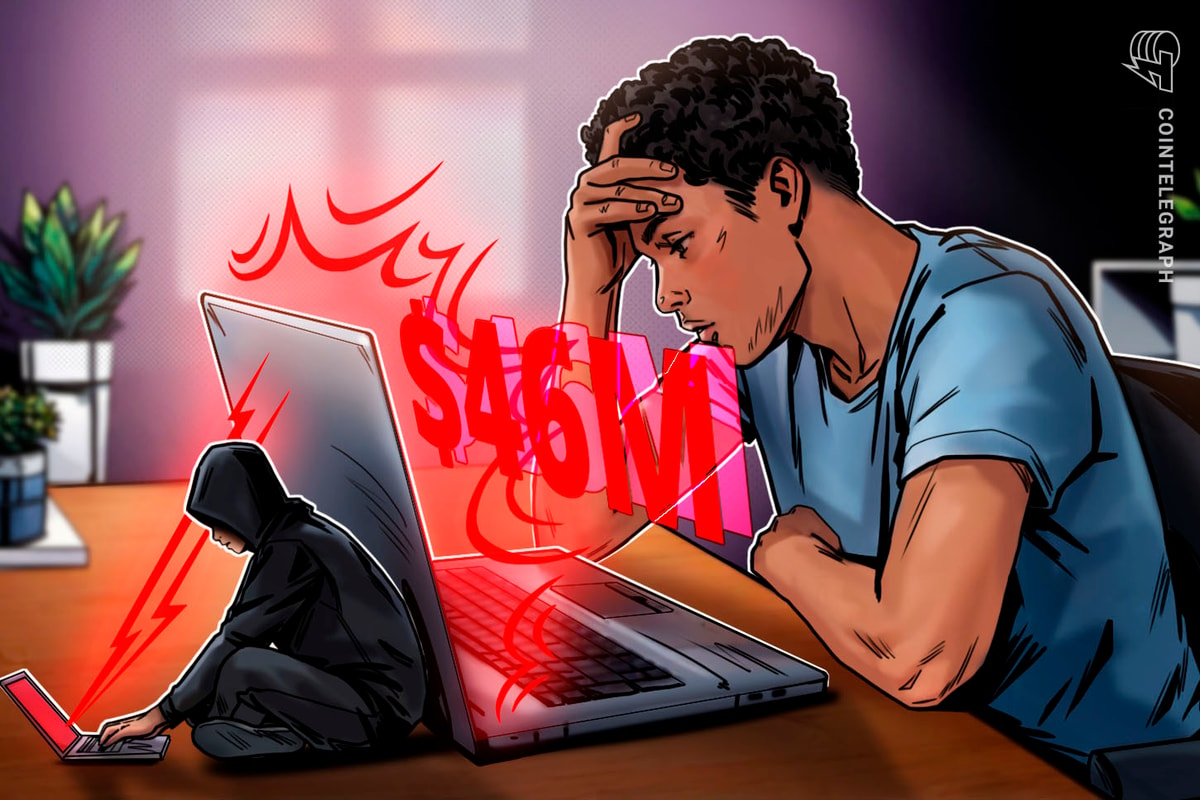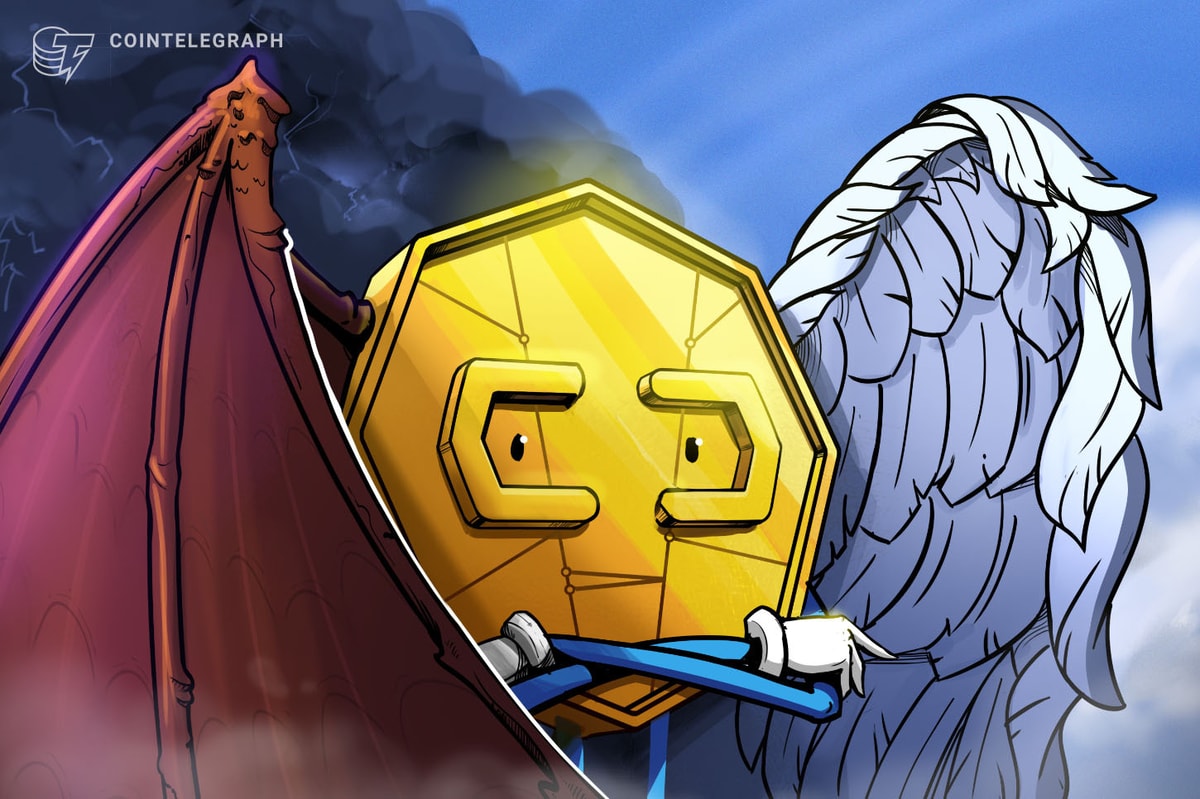Crypto X, Telegram and Reddit are crawling with crypto shillers, promising huge returns and outsized gains.
For the uninitiated, what the shiller means is not always clear and transparent. For that reason, Cointelegraph has put together a simple guide of some of the most common terms in the crypto industry.
Here we cover some of the favorite phrases of the crypto shiller, demystifying their cryptic turns of phrase into language anyone can understand.
DYOR
In crypto, DYOR is the abbreviation for “Do Your Own Research.” The key principle that underpins DYOR is fairly common in blockchain — the idea that every individual is ultimately responsible for themself and their decision to invest in a project.
DYOR serves as a reminder that no matter how hyped an asset is or how many influencers recommend it — if the token goes to zero, you’re on your own. Quite frankly, you should have “done your own research.”
Translation: When you lose all your money, it’s not my fault.
NFA
NFA or “Not Financial Advice” is a disclaimer commonly used as a get-out-of-jail-free card when clearly offering financial advice. Examples include:
-We’re going to the moon! (NFA)
-Partnership announcement imminent! (NFA)
-Buy now! (NFA)
Offering financial advice is a serious business, with potentially serious repercussions if it all goes wrong. Financial advice is something you should probably only get from an accredited person with a long history of success in financial investments.
Recent: Saylor’s Bitcoin custody debacle highlights growing divide in crypto community
“NFA” is something you get from a pseudonymous profile on X calling themselves “Captain Cryptopants,” whose profile picture is a cartoon aardvark wearing a cartoon sailor’s hat while puffing on a giant cartoon cigar.
Translation: When you lose all your money, don’t sue this aardvark.
HODL
“Hodl” is a misspelling of hold, which initially appeared in a 2013 Bitcointalk forum post.
At the time, the price of Bitcoin was incredibly volatile, and the poster was encouraging Bitcoiners to hold on to their Bitcoin rather than sell. The post was riddled with other spelling errors, likely a result of the author being inebriated, which he admitted to at the end of the post.
Hodler’s message to the world. Source: Bitcoin Talk
Since then, the phrase has become a rallying cry of true believers in crypto, with some turning it into an acronym for “hold on for dear life.”
Translation: “In a zero-sum game such as this, traders can only take your money if you sell.”
Find safe entry
Safe entry is a trading term that is somewhat in the eye of the beholder.
Ideally, a safe entry is when the token price is safely lower than it will be in the very near future, allowing you to buy in, sell, and make a profit.
A non-safe entry is when the token is unsafely higher than it is about to be in the very near future, allowing you to buy in, sell, and lose almost all your money.
The trick is knowing which circumstance is which, and if you don’t, that’s not the fault of the crypto shiller who recommended you buy in.
Much like DYOR and NFA, “find safe entry” or “find good entry,” is another way of absolving the shill from any responsibility for recommending the token.
Translation: I told you to find a safe entry, so it’s not my fault you didn’t find safe entry and lost all your money.
Up only
This phrase appears to suggest a token will offer profits no matter where or when you buy in.
Anyone who has spent a modicum of time in the crypto space knows that there is no such thing as a token that only goes up. So if anyone is promising you a new crypto project that is “up only,” be wary.
Translation: This token will definitely go down at some point.
To the moon
When a crypto shiller says a token is going “to the moon” it means a token is certain to 100x and leave every holder with huge outsized profits. Or it can simply mean that the shiller hopes it will 100x but it just never does.
Recent: How the US Fed thinks a Bitcoin ban could preserve deficit spending
In the heat of the moment, every declaration of “to the moon” sounds like the former scenario, but 99.9% of the time, it’s the second.
Translation: Houston, we have a problem. We lost all our money.
Buy the dip
Token prices go up, and token prices go down. The key to profiting from buying and selling tokens is to buy them when they are down and sell them when they are up. Therefore, “buy the dip” when the tokens are low and you will inevitably profit.
However, finding the bottom of a market cycle is a different matter altogether. Sometimes the token price keeps falling, even after you bought the “dip.”
Translation: We’re going to the moon now. You should have bought the dip!
This article does not contain investment advice or recommendations. Every investment and trading move involves risk, and readers should conduct their own research when making a decision.



